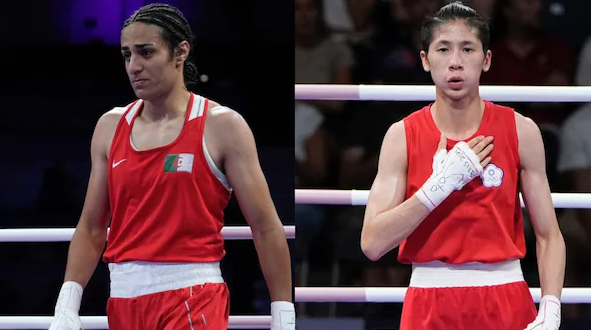Elaboration on the Costs of Gender Inequality (GS Paper 2, Social Justice)

Introduction
- The Global Gender Gap Index (GGGI) serves as a critical tool for assessing the state of gender parity across nations, including India, highlighting persistent gaps in economic participation, educational attainment, health outcomes, and political representation.
- India's position at 129th out of 146 countries in the 2024 edition reflects ongoing challenges and underscores the need for deeper analysis into the costs associated with gender inequality.
Understanding the Global Gender Gap Index
The GGGI measures gender disparities rather than absolute levels, utilizing a scale from 0 to 1 where 1 signifies complete gender parity. It comprises four primary sub-indices:
- Economic Participation and Opportunity: Includes metrics such as labor force participation rates, wage equality, and representation in senior positions.
- Educational Attainment: Tracks gender gaps in literacy rates, enrollment in primary, secondary, and tertiary education.
- Health and Survival: Focuses on gender disparities in life expectancy and sex ratio at birth.
- Political Empowerment: Assesses gender gaps in political representation and decision-making roles.
India's Performance Across Sub-Indices
Health and Education Attainment:
- India has significantly closed gender gaps in health (95.1%) and education (96.4%) but ranks poorly due to higher achievements in other countries.
- This indicates substantial progress in access to healthcare and education for women, albeit challenges remain in achieving parity with men in these areas globally.
Economic Participation:
- Despite a modest improvement in economic participation from 32.6% to 39.8% since 2021, India remains among the lowest globally in this sub-index.
- Factors such as occupational segregation, wage disparities, and barriers to leadership positions contribute to these low rankings.
Political Participation:
- India's political participation score has regressed to 25.1%, highlighting stagnant progress in women's representation in political spheres.
- This decline underscores the challenges in achieving gender parity in decision-making roles and governance.
Comparison with Neighboring Countries
- Within South Asia, India ranks fifth out of seven countries, indicating that gender disparities persist across the region.
- Bangladesh leads the region at the 99th position globally, emphasizing disparities in gender parity across neighboring nations.
Costs of Gender Inequality
Economic Costs:
- Research, including estimates from the OECD, suggests that gender-based discrimination in social institutions could cost the global economy up to $12 trillion.
- This figure underscores the potential economic gains from closing gender gaps in economic participation, including increased productivity and GDP growth.
Social and Developmental Costs:
- Gender inequality perpetuates cycles of poverty and social exclusion, limiting opportunities for women to contribute fully to economic and social development.
- Addressing these disparities is crucial for achieving sustainable development goals and fostering inclusive societies.
Conclusion
- Achieving gender equality is not only a matter of social justice but also an economic imperative.
- Mainstreaming gender equality into policy-making frameworks and addressing systemic barriers is essential for unlocking the full potential of women and promoting inclusive economic growth.
- India's performance on the GGGI highlights both progress made and persistent challenges, underscoring the need for concerted efforts across sectors to advance gender parity.
- By investing in women's education, health, economic empowerment, and political participation, India can drive transformative change and pave the way for a more equitable and prosperous future for all its citizens.


